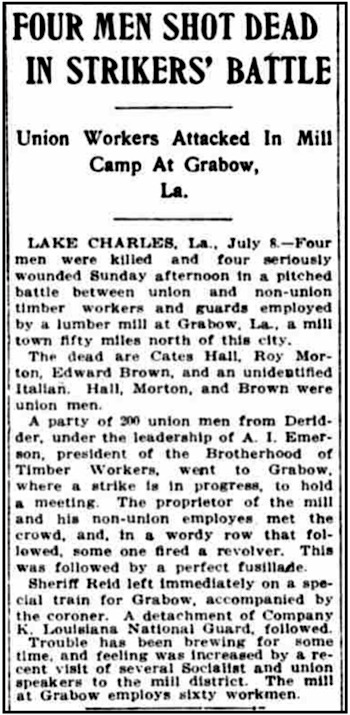 —————
—————
Hellraisers Journal – Saturday August 3, 1912
Brotherhood of Timber Workers Organizing Campaign in Louisiana
From the International Socialist Review of August 1912:
[Part II of II]
Before the campaign of organization [Brotherhood of Timber Worker] now inaugurated by the Industrial Workers of the World is closed the lumber barons of Dixieland will have learned that it is impossible to fell trees with rifles and saw lumber with six shooters.
It should be mentioned here that of the nine men arrested four are non-union men, two of them, John and Paul Galloway, being owners of the Lumber Company. All are charged with murder. This, perhaps, indicates that the Trust has not entirely corralled the officialdom of Louisiana. It is certain that they are in bad repute with the business element in nearly all of the towns as their commissaries have been the means of controlling nearly the entire earnings of their employees, who are compelled to trade with the companies or lose the only means they have of making a living.
To maintain their absolute control of the camps the lumber companies, with the aid of their thugs, patrolled the towns, in some places inclosures were built around the mills and shacks. Notices were posted warning away union men, peddlers and Socialists.
Only a few days ago, H. G. Creel, one of the Rip-Saw editors on a lecture tour, was roughly handled at Oakdale and DeRidder, La. He was compelled to leave the first-named place, being threatened and intimidated by gun-men.
The small merchant realizes that if the workers are allowed to trade where they choose some of their money would pass over their counters and they know if wages are increased there would be a corresponding increase in their day’s receipts. This will account for the fact that the small business man and farmer have given their sympathy and a measure of support to the growing union of timber workers.
Arthur L. Emerson and Jay Smith, both Southern born, are the men around whom interest centers. They are the men who organized the Brotherhood of Timber Workers. Emerson had made two trips to the West-one to the Lumber District to the Southwest and the other to the Northwest. It was during the time that he worked with the lumber jacks of the Pacific Coast that he learned the need of organization. This thought was especially developed when he came in contact with the Lumber Workers’ Union of St. Regis and other points in the Bitter Root Range of Mountains. Being a practical lumber jack and saw mill hand and mill-wright himself, he saw at once the discrepancy in wages between the Pacific Coast and the Gulf States and upon his return to Dixieland he immediately took up the burden of organizing the workers as the only possible means of bringing up their wages and conditions to the level of the already too-low Western scale.

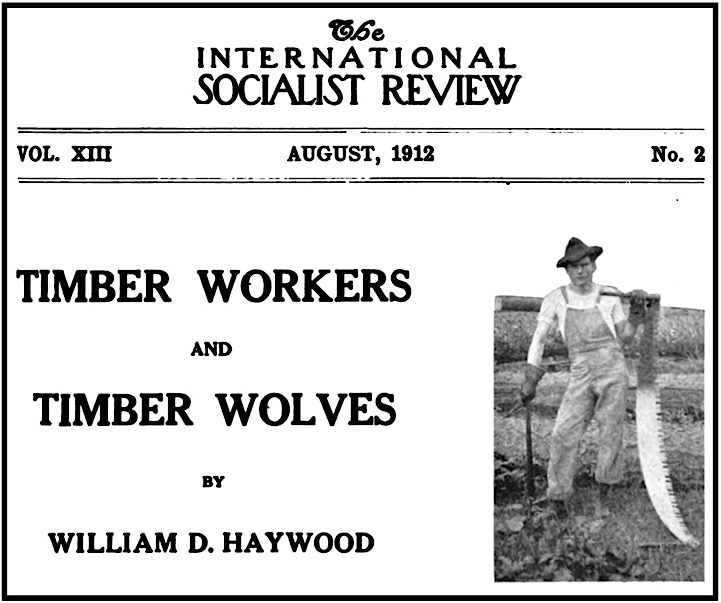
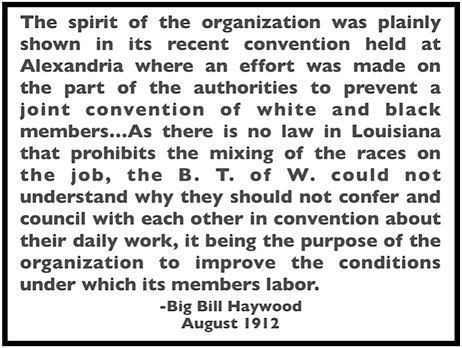 —————
—————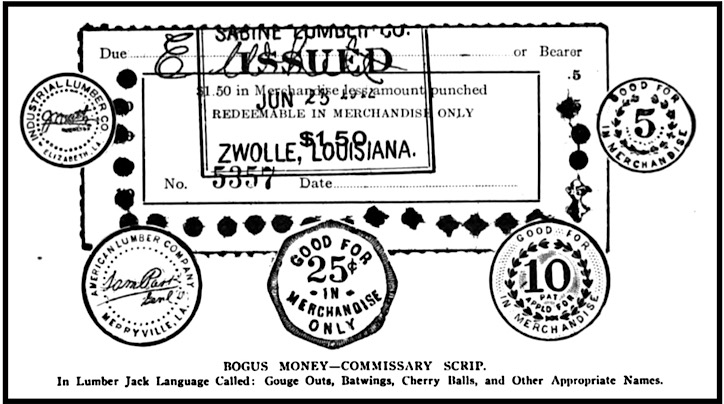
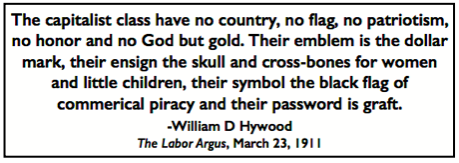 —————
—————